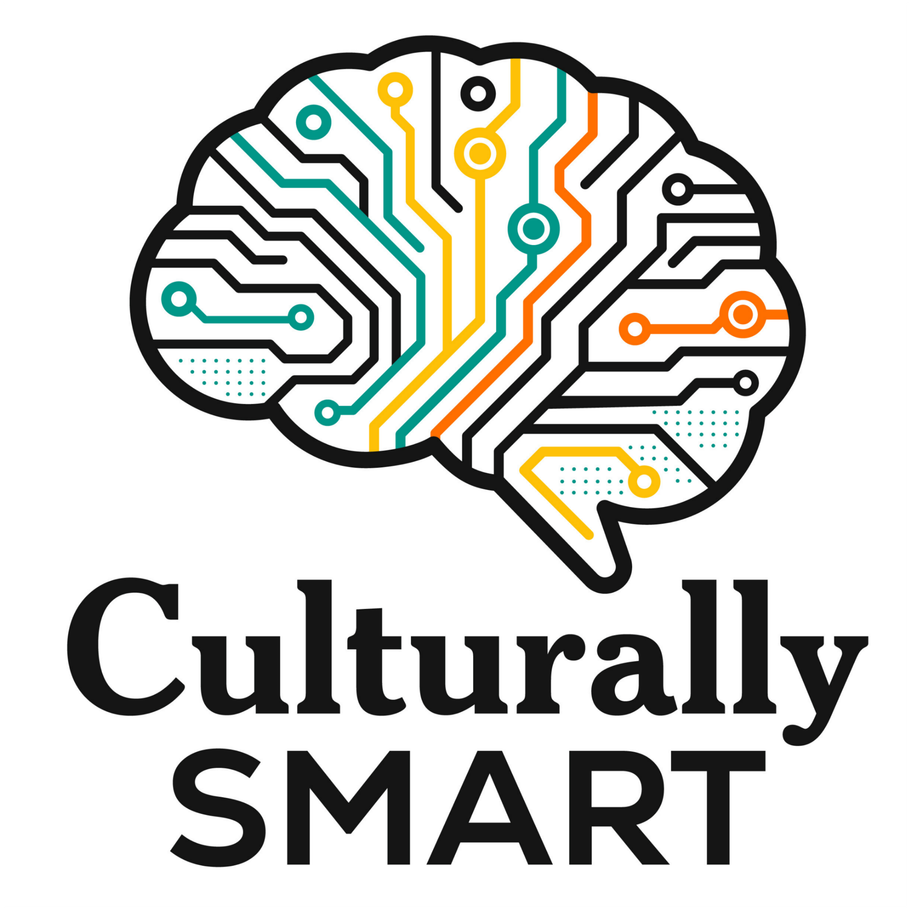Fearlessly CulturallySMART!
CulturallySMART@UMD
CulturallySMART at the University of Maryland (UMD) is located in the Hearing and Speech Sciences Department, 2180 LeFrak Hall. Our work focuses on 3 main areas:
- AI Education
- Digital Tools for Cognition
- Psychosocial Factors of Health
Interested in joining our lab? Click on the link below to complete an interest form.
AI Education
Improving AI literacy in the communication sciences through the development of AI training tools and workshops
Digital Tools for Cognition
Co-developing digital health tools for individuals at-risk for, or diagnosed with , a neurogenic disorder (e.g., dementia, TBI)
Psychosocial Factors of Health
Examining psychosocial factors of cognitive and communication health (e.g., medical mistrust, trauma) through AI approaches
Projects & Publications
AI EDUCATION
AI Literacy & Leadership Initiative (ALL-IN) - The purpose of ALL-IN is to provide communication science students, clinicians, and community stakeholders with the knowledge, skills, and confidence needed to lead the ethical integration of health AI in communication science research and practice.
DIGITAL HEALTH TOOLS FOR COGNITION
An Equitable ML-based Music Intervention for At-risk Older Adults - The purpose of this project is to develop an intelligent recommendation system capable of identifying the optimal therapeutic music components to elicit engagement and resonate with diverse rural-residing older adults at-risk for Alzheimer’s disease (AD).
- Originally initiated at Musical Health Technologies (PI: Myers); Funded by the National Institutes of Aging through the a2.Pilot Award (grant P30AG073107; 2024-2025)
- Brown, C. S., Dziewietin, L., Partridge, V., & Myers, J. R. (2025). Developing an equitable machine learning–based music intervention for older adults at risk for Alzheimer disease: Protocol for algorithm development and validation. JMIR Research Protocols, 14, e73711. https://doi.org/10.2196/73711
Aging in PLace through Ai-driven Cognitive health Education (Aging in PLACE )- The purpose of Aging in PLACE is to develop a participatory design-based digital intervention to promote cognitive health education among older adults in priority communities.
Enhancing Clinical Education in Medical Speech-Language Pathology through AI-driven Simulated Learning Experiences - The purpose of this proposal is to pilot a mobile, artificial intelligence (AI)-driven simulation tool to support hands-on learning and clinical readiness in medical speech-language pathology.
- This project is funded through the University System of Maryland's Elkins Fellowships for the Scholarship of Teaching and Learning (2025-2026)
PSYCHOSOCIAL FACTORS OF HEALTH
The Impact of Post-traumatic Stress on Cognitive-communication in Bilingual Children and Adults - The purpose of this study is to explore the reported impact of trauma on receptive and expressive language among Spanish-speaking bilingual children and adults.
- Originally initiated at the University of the District of Columbia and The Raymond Banks 'A Way With Words' Foundation (PIs: Rose & Myers); This research was funded by the American Speech-Language-Hearing Association Office of Multicultural Activities (2021-2022)
- Myers, J. R., & Telford, S.R., (2022). A preliminary report of trauma impact on language skills in bilingual adults: A case for trauma-informed services. Harvard Public Health Review, 62.https://hphr.org/62-article-rose/
From Health Disparity to Health Empowerment: Utilizing Natural Language Processing to Drive Community Health Equity - The purpose of this project is to determine how natural language processing (NLP) models can be used to analyze narrative data for the identification of community-specific psychosocial determinants of health.
- Originally initiated at the Raymond Banks 'A Way With Words' Foundation (PI: Myers); This research was, in part, funded by the National Institutes of Health (NIH) Agreement NO. 1OT2OD032581-01 through the AIM-AHEAD Leadership Fellowship Program (2023-2024)
An AI Exploration of Common Risk Profiles for PTSD in Adults with Neurogenic Disorders - Using NIH's All of Us database, the purpose of this project is to utilize AI/ML techniques to identify key demographic, clinical, and lifestyle factors most commonly associated with comorbid PTSD and adult neurogenic disorders (e.g., stroke, dementia, traumatic brain injury)
- This research was, in part, funded by the National Institutes of Health (NIH) Agreement NO. 1OT2OD032581-01 through the AIM-AHEAD All of Us Program (2024-2025)
Our UMD Community

Dr. Jennifer Rae Myers
Director
Speech-Language Pathology
Neuropsychology
I am a human-centered storyteller with an unrelenting mission to create a more socially equitable health ecosystem. I specialize in digital innovation for cognitive health, with a focus on high-risk, historically disadvantaged populations.

Laila C.
Research Fellow, REACH
Neuroscience
I am an intellectually curious and community-driven student-researcher with a passion for exploring the intersections of artificial intelligence and mental health care. I specialize in data evaluation to improve preventative care strategies and to advance equitable application of AI in global health systems- particularly in marginalized communities.

Cameron W.
Lab Fellow
Speech-Language Pathology
I am an intentional learner with a passion for supporting and helping others. I specialized in community outreach in initiatives, with the goal to improve lives through compassionate care and communication.

Pranav P.
Research Associate
Computer Science
I am a motivated and driven student with a passion for using real world data to make the world a better place. I specialize in data analytics and visualization, with the goal to help find connections between health factors to take better preventive measures.

Jessica A.
Lab Assistant
Kinesiology (Pre-Med)
I am a dedicated and curious student with a passion for advancing health equity through the use of technology. I specialize in building research skills and applying them to real-world problems, with the goal of carrying these insights and innovative approaches to patient care in my future career as an orthopedic surgeon.
Previous Members
Favour A. (Research Associate, Summer 2025)
Alex P. (Intern, Summer 2025)
